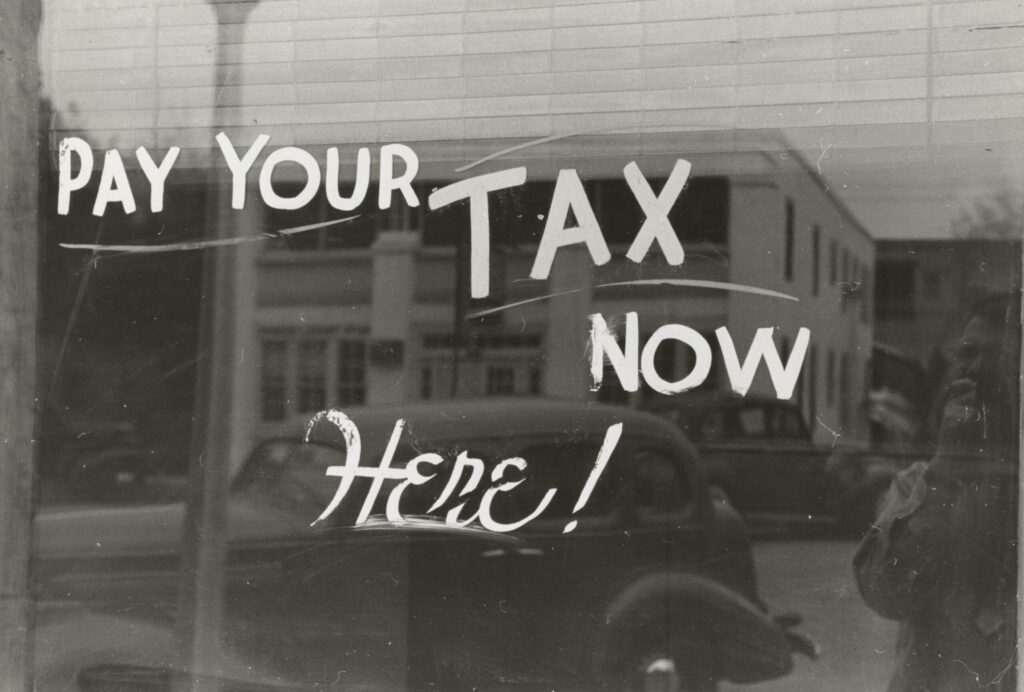The Canada Emergency Business Account (CEBA) was introduced by the Canadian government in response to the economic challenges posed by the COVID-19 pandemic. It provided vital financial support to eligible small businesses to help them weather the economic storm. A CEBA loan was an interest-free loan of up to $60,000, with loan forgiveness of up to $20,000 for eligible CEBA borrowers. While CEBA loans offered a lifeline to many Canadian businesses, there may be instances where business owners find themselves unable to make their repayments. In this article, we will explore what happens if you can’t pay your CEBA loan in Canada, and discuss potential solutions if you find yourself in this situation.
What is a CEBA loan?
CEBA loans provided eligible small businesses and not-for-profits with up to $60,000 in interest-free loans to cover various operational expenses, including payroll, rent, and utilities during the COVID-19 pandemic. Applications opened on April 9, 2020 to June 30, 2021, and almost $50 billion was lent to around 900,000 applicants. The CEBA loan was due to be repaid on an original deadline of December 31, 2022, but this was moved back 12 months to December 31, 2023. If a CEBA loan is still owed after December 31, 2023, interest payments will be accumulated at a rate of 5% per year until December 31, 2025, when the full principal repayment will be due. Eligible CEBA borrowers in good standing who repay part of their loan by December 31, 2023 can receive loan forgiveness of up to $20,000. You should, however, note that CEBA loans are still loans, and repayment is expected once the forgiveness period ends.
What are the CEBA loan repayment terms?
CEBA loans are interest free until December 31, 2023, and no principal repayment is due before December 31, 2023. If your loan is still outstanding after December 31, 2023, the interest rate is 5% per year. Only interest payments are required until maturity of your loan, with the full principal due in one payment on December 31, 2024. If you are unable to pay the required 75% of the principal balance of your CEBA loan by December 31, 2023, there are a few consequences:
- You will lose any eligibility to debt forgiveness
- You will need to begin paying interest at 5% on any remaining amount until the loan is repaid in full
- The outstanding balance converts to a 2-year loan due by December 31, 2025
If you are unable to pay back your CEBA loan within this two-year period contact your lender to discuss options. If you are unable to make arrangements or may default on payment, consider talking with a Licensed Insolvency Trustee for options available if you are unable to repay your CEBA loan. Licensed Insolvency Trustees are professionals who are licensed by the Government of Canada to assist individuals and businesses who are facing financial difficulties.
Can you get CEBA loan forgiveness?
Yes, you can! Provided your CEBA loan is in good standing and the balance is repaid by December 31, 2023, you can gain forgiveness on up to 33% of your loan. In fact, you can gain up to $20,000 in CEBA loan forgiveness in certain circumstances. The amount of forgiveness is dependent on when you received the loan, and how much you received. Any applicants that received just the initial $40,000 CEBA loan are eligible for 25% debt forgiveness, while those that received a further $20,000 additional loan may receive 50% forgiveness on any amounts borrowed above $40,000. Here are some examples of CEBA loan forgiveness:
| Amount borrowed | Amount to be repaid | Amount forgiven |
| $60,000 | $40,000 | $20,000 |
| $50,000 | $35,000 | $15,000 |
| $40,000 | $30,000 | $10,000 |
| $30,000 | $22,500 | $7,500 |
| $20,000 | $15,000 | $5,000 |
| $10,000 | $7,500 | $2,500 |
How does CEBA loan forgiveness work?
Put simply, there are three different steps:
- Before December 31, 2023 – a grace period for repayment, with 0% interest and no principal repayment required
- After January 1, 2024 – any remaining balance owed on your CEBA loan becomes a 2-year term loan at 5% interest
- December 31, 2025 – the final deadine to repay your CEBA loan in full
What happens if you can’t pay your CEBA loan?
There are a few steps you should take if you discover you cannot pay your CEBA loan:
- Contact your lender. If you are finding it difficult to make your CEBA loan payments, you should reach out to your lender or financial institution. By being transparent, they will offer guidance on potential options and assistance programs that might be available to you. Do not wait until you have missed payments – being proactive is key.
- Look at loan deferral. Lots of Canadian financial institutions offered loan deferral programs during the COVID-19 pandemic. Although many of these have now ended, some lenders may continue to offer extensions, or be willing to modify your repayment schedule. Check any possibilities with your lender.
- Review debt forgiveness conditions. You should review the terms and conditions of your CEBA loan – if you meet specific criteria, you may be eligibile for partial loan forgiveness.
- Consider loan refinancing. If you are struggling financially, refinancing your CEBA loan may be a good option. It might involve debt consolidation, or negotiating more favorable loan terms to reduce your monthly payments. Refinancing can have downsides, so ensure to understand what you are getting into before committing.
- Speak to a Licensed Insolvency Trustee. If you are facing financial difficulty, you should book a free consultation with a reputable Licensed Insolvency Trustee. They are the only professionals legally able to file all forms of debt relief in Canada, and will review your circumstances and recommend a form of CEBA loan debt relief.
- Explore government support programs. You should look out for any government debt relief programs that might be able to help businesses facing financial challenges. Throughout the pandemic, the government introduced various relief measures in response to changing economic conditions.
- Consider business restructuring. In some cases when your business’ financial situation does not improve, you may wish to explore optiosn like business restructuring, or filing bankruptcy. You should speak to a Licensed Insolvency Trustee beforehand to understand the implications of doing so.
Can CEBA loans be included in a bankruptcy or consumer proposal?
Yes and no. The answer to this depends on your business’ circumstances. If your business was incorporated and closed, there is no need to file for personal insolvency as the debt is owned by the business. You are not responsible for the CEBA loan of a business. If, on the other hand, your business was a sole proprietorship or a partnership, you are personally responsible for repaying the loan. If you are unable to repay it (along with any other small business debts or tax debts), you can include the CEBA loan in a bankruptcy or consumer proposal. As CEBA loans are unsecured debts, they can be discharged in insolvency in line with Canada’s Bankruptcy and Insolvency Act. Even if you are unable to repay your CEBA loan by December 31, 2023, you have a further two years to repay the loan with interest. If you think this will be a struggle, you should speak to a Licensed Insolvency Trustee. As the only professional in Canada legally able to file all forms of debt relief, they are well placed to review your financial circumstances and help you to explore different options for resolving your CEBA loan debt.
So, what happens if you can’t pay your CEBA loan? If you are still unsure, book a free consultation with Spergel. Our experienced Licensed Insolvency Trustees will help you on your business’ journey to a fresh financial future. Contact us to explore your available options, and gain professional advice to navigate your financial challenges. By facing the issues head on, you can have them resolved sooner than you know it.



















